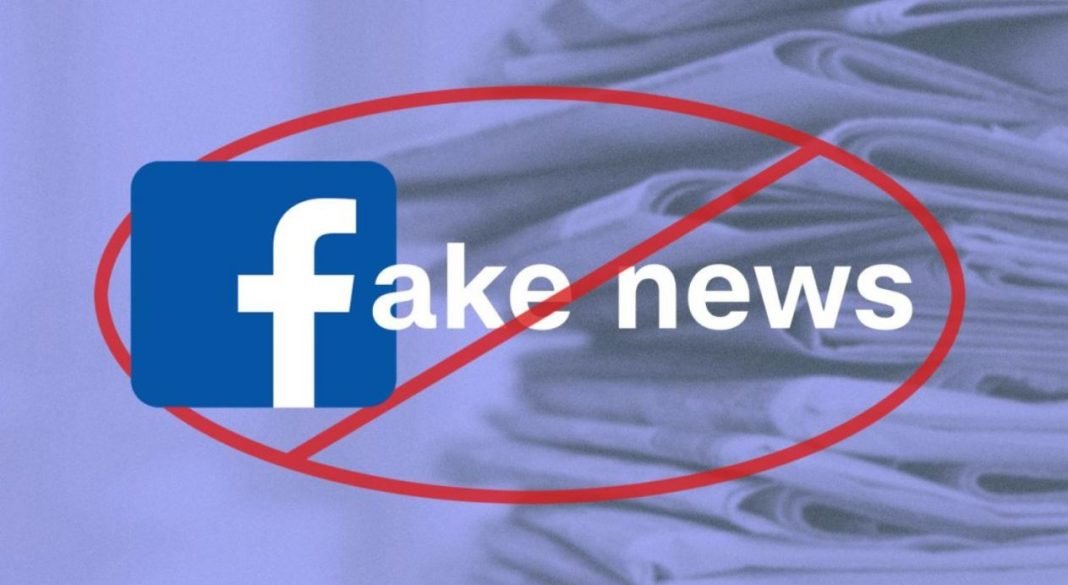Facebook will no longer remove posts claiming that COVID-19 was built, according to a Politico post.
The company reportedly changed its policy due to new developments about the origin of the virus, such as President Joe Biden's order to his intelligence agencies to investigate the so-called laboratory case leakages.

The change in Facebook policy was made "in consultation with public health experts," said a company spokesman in Politico. Social network policy calls for the elimination of false allegations and conspiracy theories about the virus.
Misinformation is common on Facebook, and the company is under pressure from lawmakers to clean up its content. From the beginning of the pandemic, dangerous pranks have been circulating - saying for example that swallowing bleach can cure the Koran virus.
This hoax was widely circulated on Facebook and was reported thousands of times, despite Facebook announcing in January 2020 that it would censor the virus misinformation.
Since then, Facebook has cut many posts such as anti-vaccination posts. To try to stop the misinformation, the company created alerts about where we can get correct information for vaccines. He also tried to warn users who interact with posts that were found to be misinformed.
US President Joe Biden has said that the intelligence services believe it is possible two scenarios: that the virus began to spread when a human came into contact with an infected animal, or that the spread was the result of a laboratory accident.
The renewed interest and discussion of the "laboratory leak" theory seems to be changing the data even in Facebook policies.





